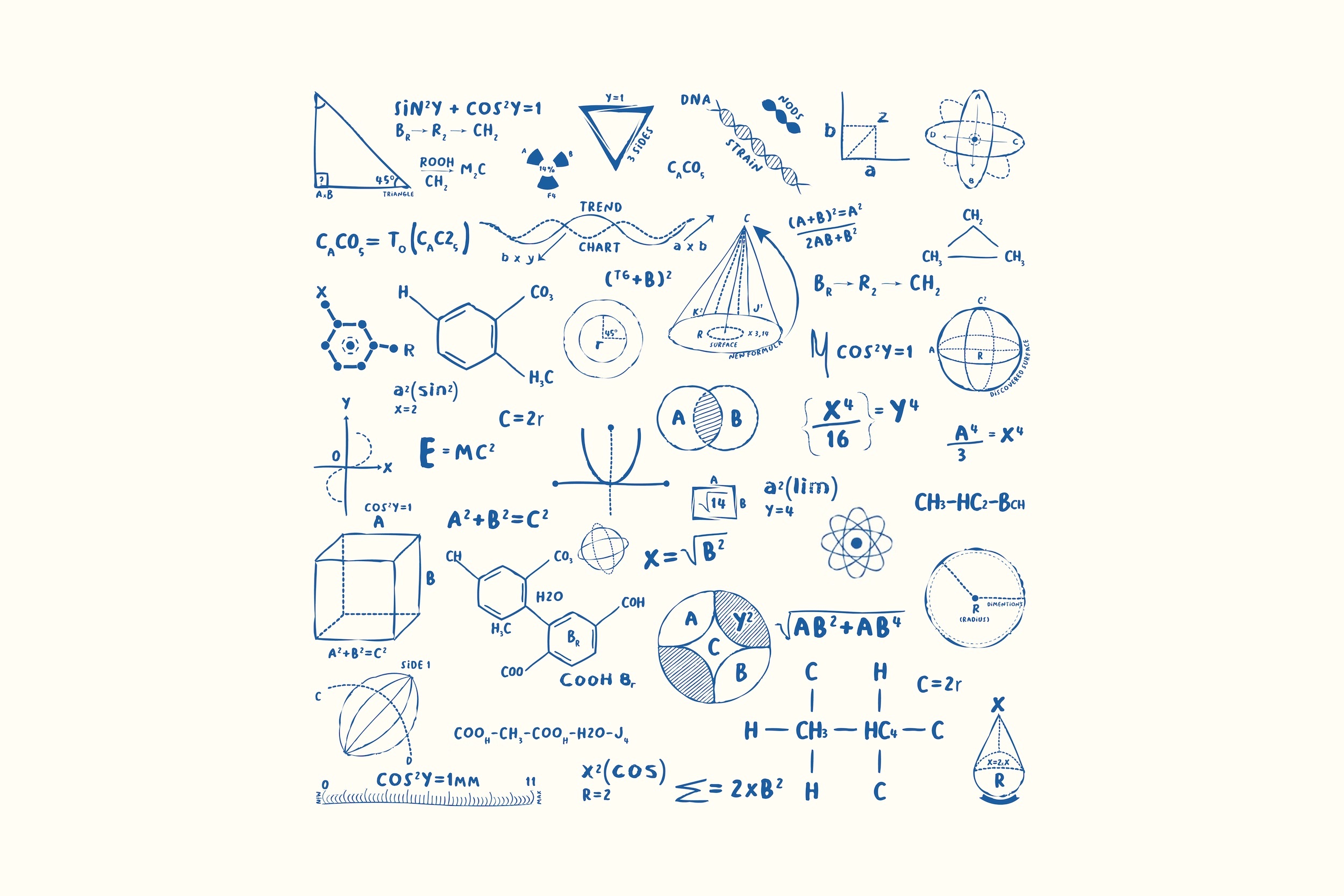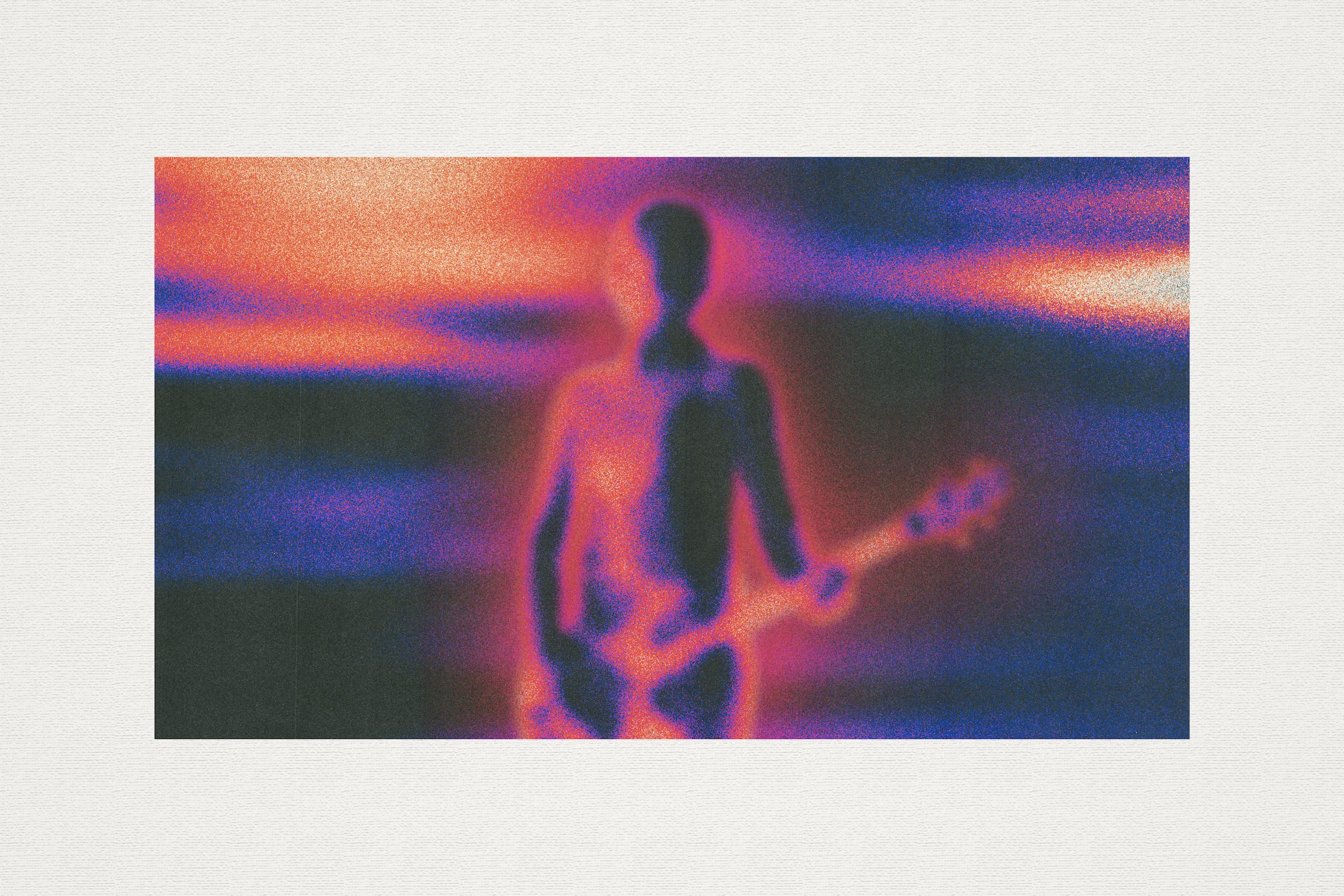In March, I launched a survey to document the most essential antitrust literature of the 2010s. As I said at the time, my objective was to build a database of the most valuable antitrust/competition law academic papers published in the last ten years. We’ve never had so many authors and journals publishing antitrust/competition law-related subjects; I thought constructing a database could help.
I received dozens of contributions (thank you!). I extracted the results in an excel sheet, and asked Thymo Burgemeester, one of my very best students this year, to help me analyze the results. We came down to the following conclusion: no single article has outvoted the others. We thought about short-listing a few and asking for your vote, but we eventually decided not to do so. These results say something we should not disguise. The field of antitrust is more polarized than ever, and this is has been reflected in your suggestions. Over 70 different articles have been mentioned, but not a single one more than five times. Of course, I find it fantastic that the field is attracting so many great articles bringing unique perspectives. But these results also reveal how difficult it has become to publish an article whose value is widely recognized (not even mentioning its message). I guess this is the most significant outcome of the survey.
For those in need of a name, I will simply mention Louis Kaplow, “Why (Ever) Define Markets?” (link). It has been brought several times in the survey, and it is the most-cited antitrust article of the past decade, according to HeinOnline. Is it a consensual article? No, it is not. Still, it has triggered the recognition of scholars and practitioners on both sides of the aisle. For the rest, we thought of publishing the list of the most cited journals in the survey. We also break down the articles that have been mentioned by categories.

On top of these, I’d like to mention a few others: the Antitrust Bulletin, Arizona State Law Journal, Canadian Journal of Economics, Competition Law International, Concurrences, European Competition Law Review, European Law Review, Florida Law Review, Fordham International Law Journal, George Mason Law Review, Harvard Journal of Law and Public Policy, International Journal of Industrial Organization, Journal of Economic Perspectives, Journal of Law, Technology and Policy, Modern Law Review, Notre Dame Law Review, Oxford Journal of Legal Studies, Quarterly Journal of Economics, Review of Industrial Organization, Texas Law Review, UCLA Law Review, Vanderbilt Law Review, World Competition, and the Yale Law Journal.

The subject of platforms has come back the most regarding digital antitrust, followed by antitrust & data protection, blockchain, big data, and algorithms. I was surprised that the articles dealing with the mechanisms of antitrust and competition law (those dedicated to one specific anti-competitive practice, or a legality test…) were the most heavily mentioned. On the contrary, I was expecting IP-related articles (essential patents, FRAND…) and the ones about private enforcement or remedies to rank higher as they have been the subject of many publications (especially in the first-half of the decade).
Finally, I shall mention that GMU has been the most-cited faculty. NYU, King’s, Harvard, and Leeds have also done very well. Thank you very much for your participation, and let us now focus on the 2020s.
Thibault Schrepel
(@LeConcurrential)








